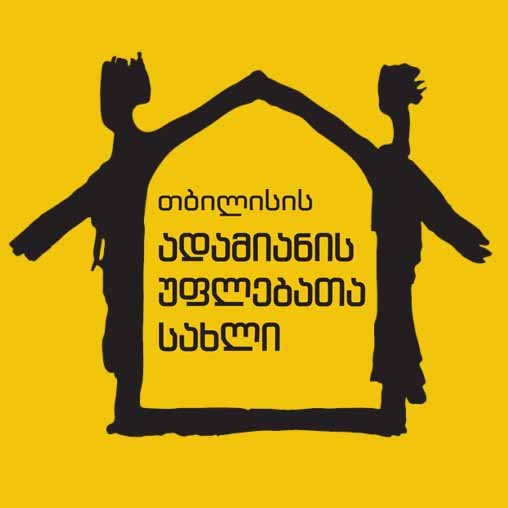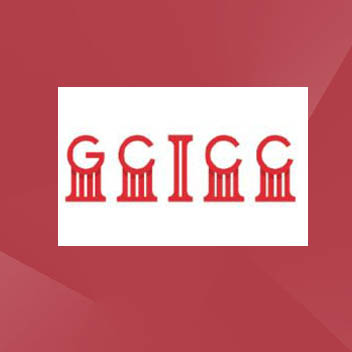News
THE PROSECUTION HAS NOT CHARGED ANYONE YET IN CONNECTION WITH THE ATTACK ON THE HUMAN RIGHTS HOUSE TBILISI’S (HRHT) OFFICE
28.03.2022
Font size
HRHT is releasing a video of an attack by homophobic groups
On July 5, 2021, at approximately 3 o’clock, Human Rights House Tbilisi (HRHT) was attacked by violent members of a homophobic group who were opposing the planned “March of Dignity”.
On the morning of July 5, members of homophobic groups that were opposing the “March of Dignity” attacked and assaulted journalists and activists. They posed a physical threat to the organizers of the march planned on that day and their supporters and journalists at various locations. After the organizers and supporters of the “March of Dignity” left other locations due to the threats and moved to the office of the HRHT, the perpetrators started gathering around the organization’s building. At first, they verbally abused the people inside the building of organization and then threw an explosive device in the yard of the building. This was revenge against the organizers of the “Tbilisi Pride Week” and their supporters: LGBTQ + community, human rights defenders, activists, the organization “Tbilisi Pride”, “Shame Movement” and the representatives of the civil sector working in the HRHT’s building. Immediately after the incident, the police were called to the scene, and with their help persons inside the building managed to move to a safer location.
The attack prevented five human rights organizations that were working in the building to carry out their day-to-day activities, and restricted their employees’ freedom of movement and choosing place, as they were surrounded by the violent group.
An investigation has been launched into the incident and as far as it is known from the investigative bodies, they are conducting operative investigative activities, mainly in the form of questioning witnesses. The legal interests of the HRHT are protected by its member organization, the Human Rights Center.
The Human Rights Center provided the investigative body with the video footage of the incident taken by a video surveillance camera placed on the building of the HRHT, which we are currently publishing publicly. In addition, the Human Rights Center requested that the organization be granted victim status. The organization needs to receive this status and, as a result, have the opportunity to get acquainted with the materials of the existing criminal case. However, the HRHT has been refused to receive the victim status, even after appealing to the court. One activist was physically injured in the organization’s yard that day, while another activist’s car was damaged. However, according to the HRHT, the investigation has not yet granted the status of a victim to these individuals as well.
Georgian legislation explicitly sets the legal basis for granting victim status. According to Article 3, Part 22 of the Criminal Procedure Code of Georgia: the victim is the State, a natural or a legal person that has incurred moral, physical or material damage directly as a result of a crime. And according to the definition of the European Court of Human Rights, a victim is the direct victim or victims of the alleged violation, but also any indirect victims to whom the violation would cause harm or who would have a valid and personal interest in seeing it brought to an end.
We have recently seen an unprecedented activation of aggressive, homophobic groups and political parties in Georgia. Violent groups continue to use hate speech against human rights defenders and activists. The state is obliged to protect human rights defenders and one of the important components of this protection is the fight against impunity. International organizations have reiterated in a number of legal instruments the obligation of the state to ensure the effective protection of human rights defenders and to conduct prompt investigations into any actions that violate their rights. When states fail to effectively investigate crimes committed against human rights defenders by various actors, their passivity may be seen as tolerance for such actions.
We believe that the state must show its will and openly support human rights defenders and the free civil sector of Georgia. The state must do everything possible to ensure that human rights defenders enjoy unhindered freedom of assembly and expression and that those who restrict these freedoms are held accountable.
News
18.04.2025
The Suspension of Visa Liberalization Serves the Interests of Ivanishvili and Russia—Not the Georgian People
20.03.2025




